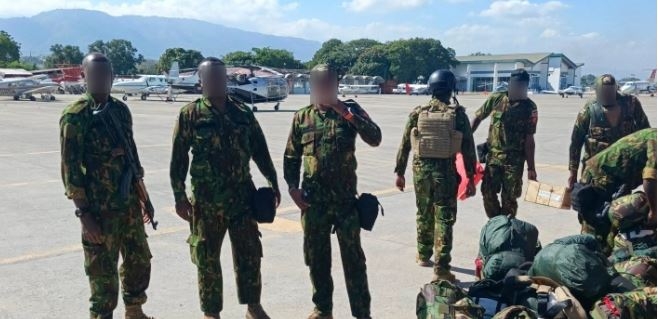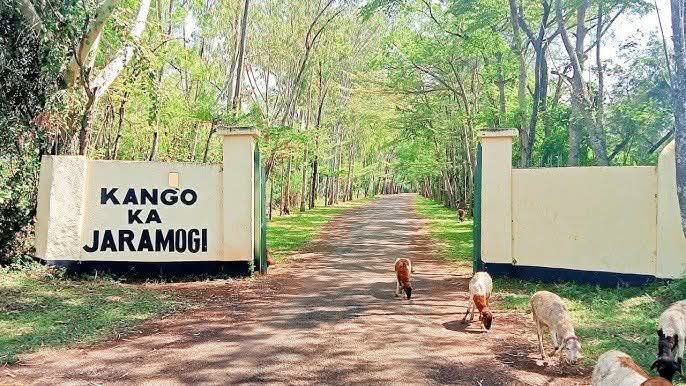The Wildlife Training and Research Institute (WRTI) now says that no mortality has been reported among wildlife due to the ongoing rains that have flooded parts of the country.
The institute was, however, quick to warn that the sick, old and newborn animals were in danger as the intensity of the rains continued.
This came as the institute raised its concern over some species of zebra, antelopes and rhinos whose numbers were dropping sharply.
According to the institute Director Dr Patrick Omondi, the rains that had been recorded in various parts of the country had minimal effects on the game parks.
He noted that Amboseli National Park always bore the brunt of the rains leading to flooding adding that no animals had been affected yet.
“Animals have instincts that assist them to relocate from an area before flooding but we are keenly monitoring the situation as the rains continue,” he said.
Speaking at the Naivasha Wildlife Sanctuary during the National Tree Growing Day on Monday, Omondi identified invasive weeds as a major challenge to conservation efforts.
He said that they were working on mechanical, biological and manual systems of removing the weeds which were a threat to wildlife pastures.
“In Naivasha Wildlife Sanctuary, we have embarked on the process of manually removing the invasive weed through the use of the community,” he said.
Omondi added that the institute would plant more than 5,000 seedlings in the sanctuary with plans to open it to members of the public in future for camping and recreation.
“We use the sanctuary for research and as we plant more trees there are plans to open it for camping even as we improve forest cover in this region,” he said.
On his part, the head of research in the Institute David Ndere said that there were some endangered species of wild animals whose numbers were dropping sharply.
He identified some antelope, zebra and rhino species as the most affected, adding that WRTI was working with stakeholders to increase the numbers.
“The number of some antelope and gravy zebra species are below 30 and we have embarked on research on how we can increase the numbers in the coming days,” he said.
Ndere added that currently, the institute was researching habitats, wildlife tracking and monitoring, emerging diseases and genetics.
“The ongoing tree planting exercise is critical in addressing the emerging challenges caused by climate change across the globe,” he said.

















